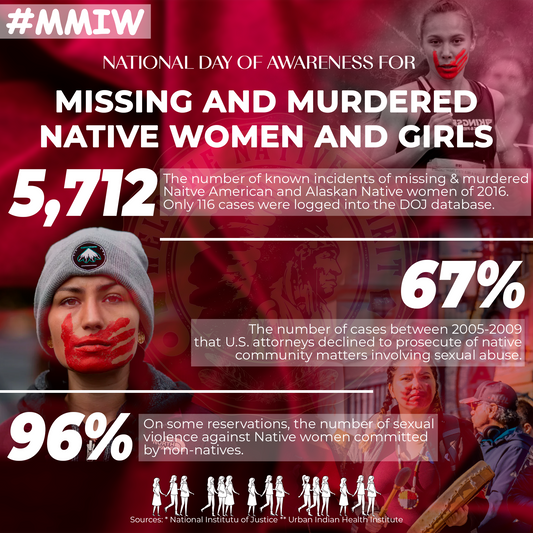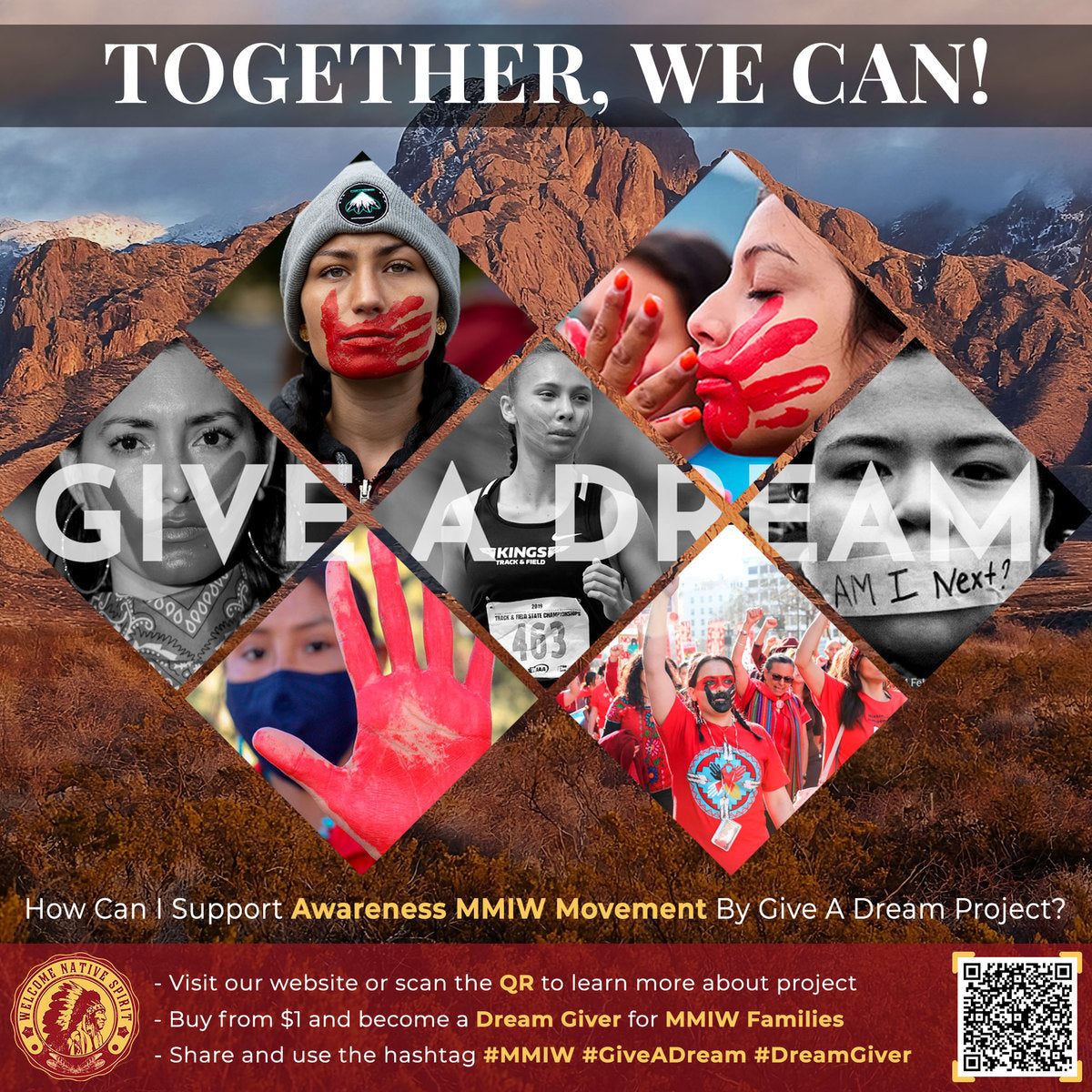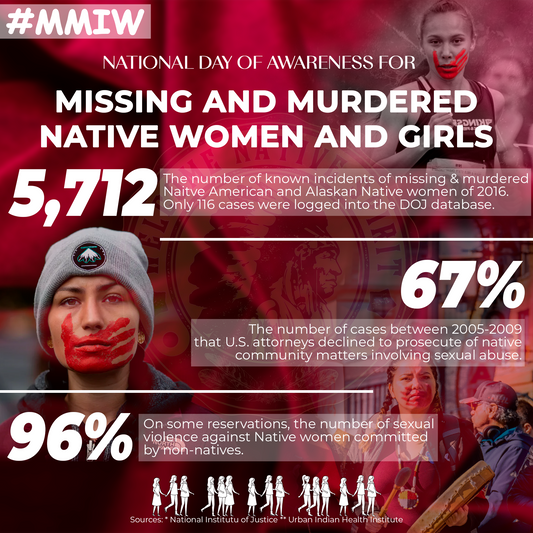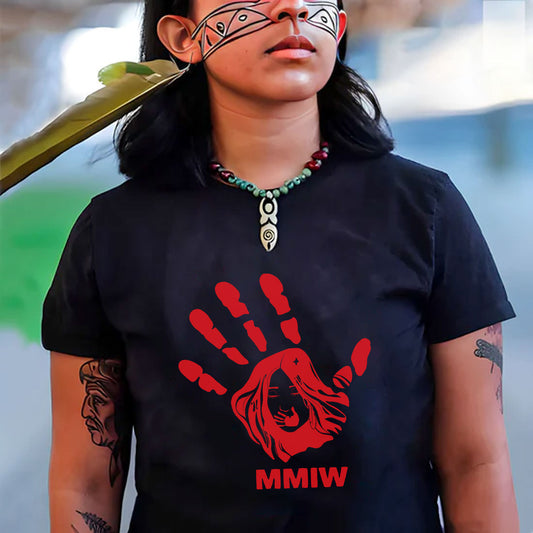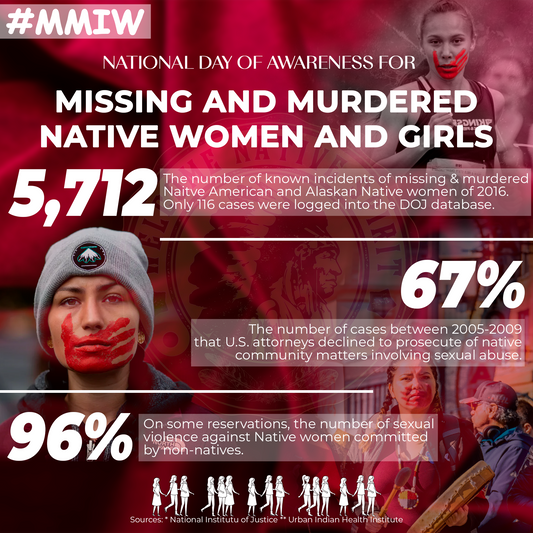Kimberly Jonathan is a prominent Indigenous leader and activist, known for her unwavering dedication to advocating for the rights and well-being of First Nations communities in Canada. As a Cree woman, Jonathan has played a pivotal role in advancing the cause of Indigenous peoples, particularly in areas of land rights, environmental protection, social justice, and cultural preservation. While not always in the public eye in recent years, her influence continues to be felt deeply within Indigenous communities and beyond.
A Lifetime of Advocacy for Indigenous Rights
From the outset of her career, Kimberly Jonathan has been a steadfast champion for the rights of Indigenous peoples in Canada. Her advocacy has focused primarily on the protection of Indigenous lands, natural resources, and traditional ways of life. Jonathan has worked tirelessly to ensure that First Nations communities have a voice in discussions surrounding land use, resource extraction, and environmental conservation.
One of her major contributions has been in the legal and political realms, where she has played an instrumental role in pushing for policies that protect the rights of Indigenous peoples. This includes advocating for greater representation in decision-making processes, particularly in relation to land and resource management. Her work has been crucial in securing land settlements and agreements that affirm Indigenous land rights and sovereignty.
Fostering Social Justice and Equity
Beyond land and resource issues, Kimberly Jonathan has also been at the forefront of addressing the social challenges faced by Indigenous communities. Education, healthcare, poverty, and youth empowerment have been key focus areas of her advocacy work. Through various programs and initiatives, Jonathan has worked to raise awareness about the systemic barriers that continue to affect Indigenous peoples, particularly the historical injustices that have led to their marginalization.
As a strong advocate for educational equity, Jonathan has called for changes in the Canadian education system to better reflect Indigenous culture, history, and contributions. By incorporating Indigenous knowledge and perspectives into the curriculum, she believes that future generations will develop a deeper understanding and respect for Indigenous communities.
A Champion for Cultural Preservation
In addition to her work in social and political advocacy, Kimberly Jonathan has dedicated much of her career to preserving and promoting Indigenous culture. She has been an active participant in cultural preservation efforts, helping to ensure that Indigenous languages, traditions, and spiritual practices are maintained for future generations. Jonathan has been particularly involved in initiatives that showcase Indigenous art and crafts, fostering a greater appreciation of Indigenous culture among non-Indigenous Canadians.
Her commitment to cultural preservation has also been an important part of her activism. By highlighting the richness and diversity of Indigenous cultures, she has worked to combat stereotypes and misconceptions about Indigenous peoples. Through her leadership, Jonathan has made significant strides in increasing awareness of the value of Indigenous traditions, while also supporting Indigenous artists and cultural practitioners.
Kimberly Jonathan’s Legacy
Though Kimberly Jonathan may not be a household name in mainstream media today, her impact on the Indigenous rights movement in Canada remains profound. She has contributed significantly to shaping the discourse around Indigenous issues, influencing both policy and public opinion. Her work has helped pave the way for future generations of Indigenous leaders who continue to fight for justice, equality, and self-determination.
As we approach 2024, Kimberly Jonathan's legacy continues to resonate within the Indigenous community, and her contributions are still honored and respected. Her efforts in advocating for land rights, cultural preservation, and social justice have laid the foundation for ongoing activism in the face of new challenges, particularly in light of climate change, resource extraction, and ongoing systemic inequalities faced by Indigenous peoples.
Jonathan’s story is a testament to the perseverance and resilience of Indigenous communities. Her leadership exemplifies the strength of a people who have endured centuries of colonialism, yet continue to stand tall and advocate for their rights. Kimberly Jonathan’s work serves as a reminder that, while challenges remain, there is hope and progress in the fight for Indigenous rights.
Conclusion
Kimberly Jonathan remains one of the key figures in the ongoing struggle for Indigenous rights in Canada. Her tireless advocacy, leadership, and commitment to social and cultural change have made her a vital force in the movement for justice and equality. As Indigenous communities continue to face challenges, figures like Jonathan will undoubtedly inspire the next generation of Indigenous leaders to carry the torch forward and ensure that the voices of Indigenous peoples are heard and respected.

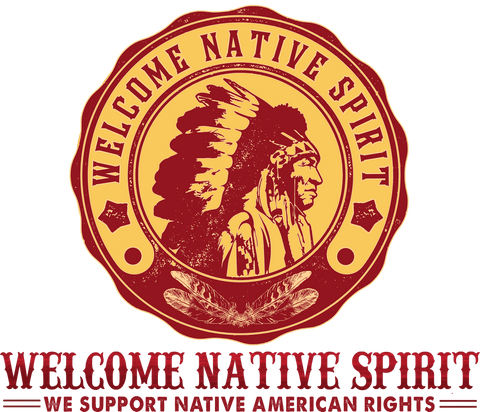

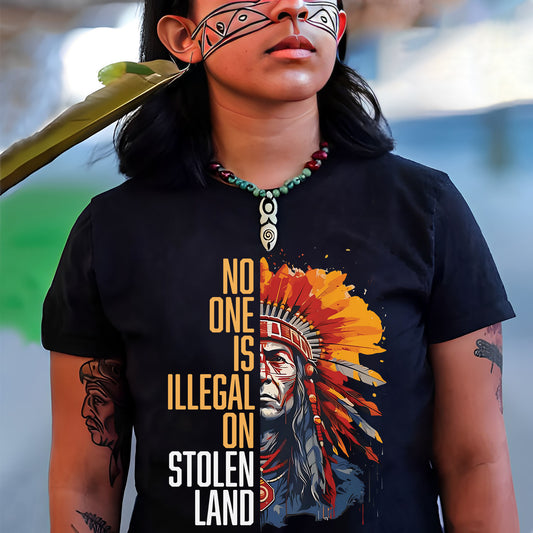
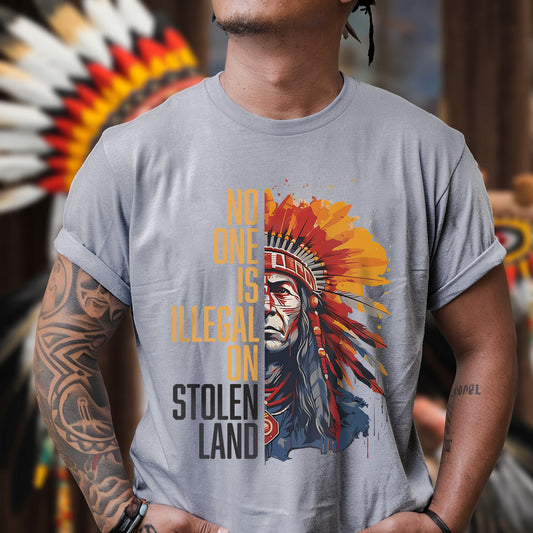
![[Two Sides] Trail of Tears The Deadly Journey Unisex T-Shirt/T-Shirt V-Neck/Hoodie/Sweatshirt](http://welcomenativespirit.com/cdn/shop/files/20_2bae9cf5-c07c-4ea5-a8ea-de74aa71325d_533x.jpg?v=1757466962)
![[Two Sides] Trail of Tears The Deadly Journey Unisex T-Shirt/T-Shirt V-Neck/Hoodie/Sweatshirt](http://welcomenativespirit.com/cdn/shop/files/gray_-2side_b51af6c7-cea9-4004-90db-cb8d883be04a_533x.png?v=1759742586)

